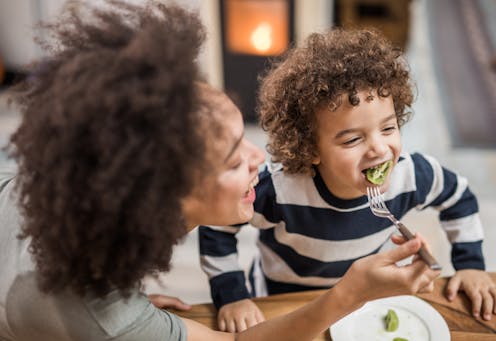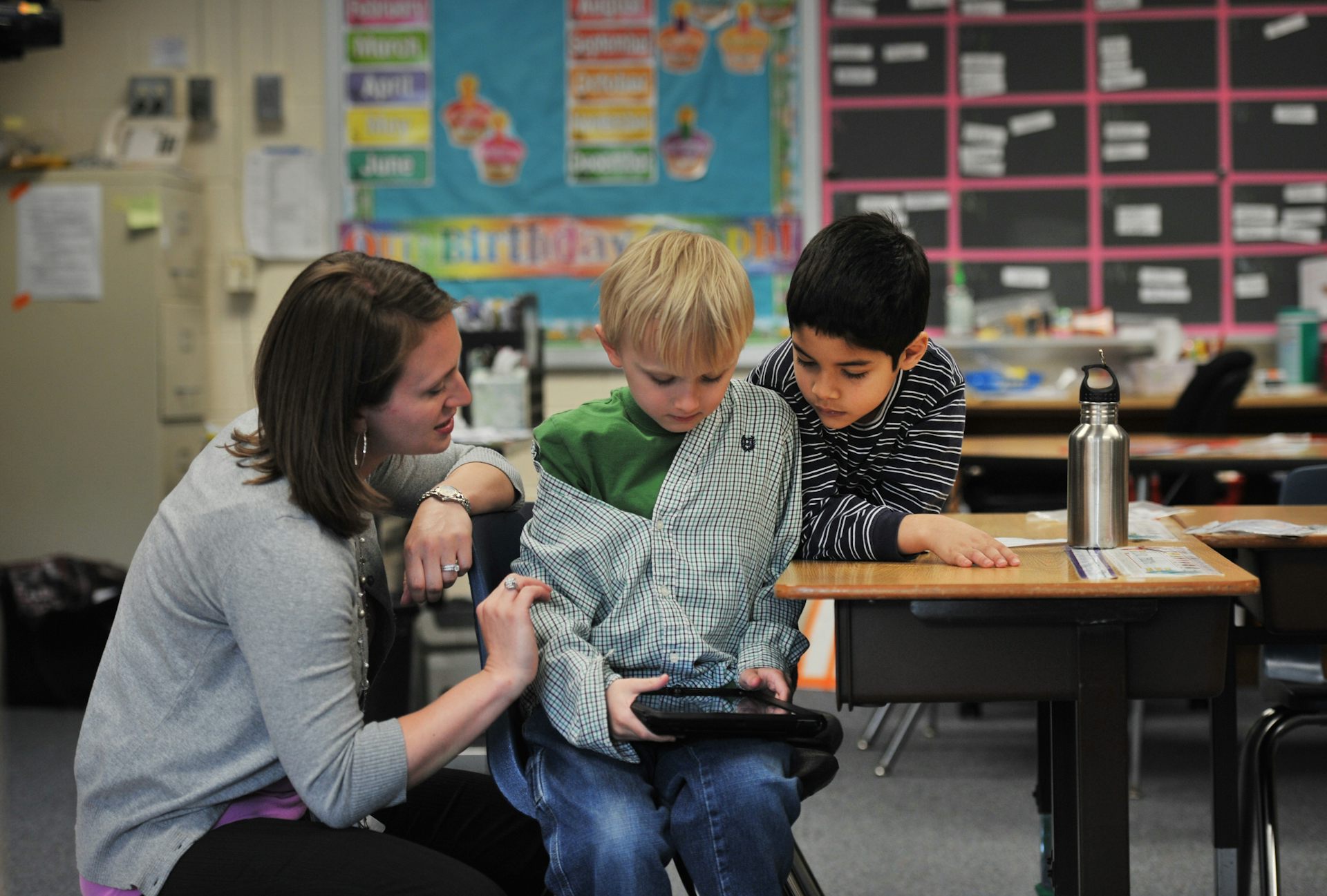Helping children eat healthier foods may begin with getting parents to do the same, research suggest
Not knowing whether their children will eat the healthy food put on their plates, parents may prepare a less healthy dish for themselves to serve as backup for the kids too.

Most parents, educators and policymakers agree that children should eat healthy foods. However, our peer-reviewed paper suggests the strategy adults often use to achieve that can sometimes backfire. Fortunately, there’s an easy fix.
We, along with fellow marketing scholars Lingrui Zhou and Gavan Fitzsimons, conducted five experiments with over 3,800 parents as well as 10 in-depth interviews. We found that parents tend to choose unhealthy foods for themselves after choosing a healthy meal for their young children. This happens because parents said they are uncertain whether their child will eat their healthy dishes, and so they use their own meal as backup to share to ensure that their child at least eats something.
This dynamic is not ideal. For one, it could result in parents eating unhealthier foods, and children may also end up eating unhealthily if they eat mostly from their parent’s plate. Additionally, it does not set a good example of healthy eating.
How, then, to change this dynamic?
After testing several interventions, one stood out as particularly simple and effective: nudging parents to think of their meals as their own, rather than backup options for their kids.
We partnered with a nursery school that was interested in promoting healthier eating among children. Parents associated with the school were offered a free family dinner. Parents first chose a meal for their child from a healthy kid’s menu. They then chose a meal for themselves from a menu that had a mix of healthy and unhealthy options. Half of the parents – randomly assigned – saw a menu that prompted them to think of their own meal as “for you and only you!” The other half did not see this additional prompt to think of their own meal as only for them.
This intervention was successful: By encouraging parents to think of their meal as their own, it made about a third more likely to choose the healthy option for themselves.
Our findings suggest policymakers and schools may want to consider the role parents – and their food choices – play in efforts to encourage healthy eating among children. As for parents, we suggest nixing the backup plan and making sure both they and their children are eating nutritiously.
Kelley Gullo Wight receives funding from the Duke-Ipsos Research Center & Think Tank.
Peggy Liu receives funding from the Duke-Ipsos Research Center & Think Tank.
Read These Next
Short on resources, special educators are using AI – with little knowledge of the effects
As AI spreads in special education, the question remains: Can these tools uphold the individualized,…
Grammys’ AI rules aim to keep music human, but large gray area leaves questions about authenticity a
AI is already in much of the music you hear. It can be as mundane as a production tool or as deceptive…
What Franco’s fascist regime in Spain can teach us about today’s America
Comparisons of Trump to Hitler have become common. But some of Trump’s policies may more closely resemble…





